
Mystical Yakushima: Japan's Ancient Island Gem
Yakushima, located off the southern coast of Kyushu, is a lush, green island known for its mystical forests and ancient cedar trees. A UNESCO World Heritage Site, this small island is a paradise for nature lovers and adventure seekers alike. The island's landscape is a mix of dense forests, rugged mountains, and flowing rivers, making it a perfect destination for hiking, exploring, and reconnecting with nature. One of the main attractions on Yakushima is the Jomon Sugi, an ancient cedar tree estimated to be over 7,000 years old. Hiking to this legendary tree is a challenging yet rewarding experience, offering a glimpse into the island's primeval past. Along the way, you'll encounter other impressive sights such as the Shiratani Unsuikyo Ravine, which inspired the lush scenery in Studio Ghibli's film 'Princess Mononoke.' Yakushima's unique climate, with heavy rainfall and subtropical temperatures, creates an enchanting atmosphere where moss-covered trees and misty valleys transport visitors to another world. The island is also home to a variety of wildlife, including Yakushima macaques and Yaku deer, which can often be spotted during hikes. Whether you're seeking tranquility in nature or an adventurous trek through ancient forests, Yakushima offers an unforgettable experience.
Local tips in Yakushima
- Pack waterproof gear, as Yakushima is known for its frequent and heavy rainfall.
- Plan your hikes early in the day to avoid the afternoon mist and ensure you have enough daylight.
- Respect the local wildlife and maintain a safe distance, especially from the Yakushima macaques and Yaku deer.
- Try the local cuisine, especially the fresh seafood and flying fish dishes unique to the island.
- Consider hiring a local guide for an enriching experience, as they can provide insights into the island's history and natural wonders.
Mystical Yakushima: Japan's Ancient Island Gem
Yakushima, located off the southern coast of Kyushu, is a lush, green island known for its mystical forests and ancient cedar trees. A UNESCO World Heritage Site, this small island is a paradise for nature lovers and adventure seekers alike. The island's landscape is a mix of dense forests, rugged mountains, and flowing rivers, making it a perfect destination for hiking, exploring, and reconnecting with nature. One of the main attractions on Yakushima is the Jomon Sugi, an ancient cedar tree estimated to be over 7,000 years old. Hiking to this legendary tree is a challenging yet rewarding experience, offering a glimpse into the island's primeval past. Along the way, you'll encounter other impressive sights such as the Shiratani Unsuikyo Ravine, which inspired the lush scenery in Studio Ghibli's film 'Princess Mononoke.' Yakushima's unique climate, with heavy rainfall and subtropical temperatures, creates an enchanting atmosphere where moss-covered trees and misty valleys transport visitors to another world. The island is also home to a variety of wildlife, including Yakushima macaques and Yaku deer, which can often be spotted during hikes. Whether you're seeking tranquility in nature or an adventurous trek through ancient forests, Yakushima offers an unforgettable experience.
When is the best time to go to Yakushima?
Iconic landmarks you can’t miss
Shiratani Unsui Gorge
Explore the lush beauty of Shiratani Unsui Gorge, a scenic gem in Yakushima, featuring ancient cedar forests and stunning hiking trails.
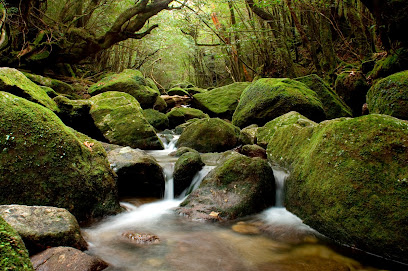
Yakusugi Land
Explore Yakusugi Land, a UNESCO World Heritage site in Yakushima, home to ancient cedar trees, stunning trails, and breathtaking natural beauty.
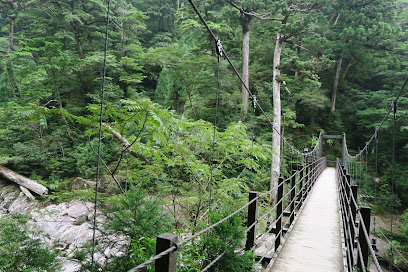
Ohko Waterfall
Experience the breathtaking beauty of Ohko Waterfall in Yakushima, a natural wonder amidst lush landscapes, perfect for nature lovers and photographers.
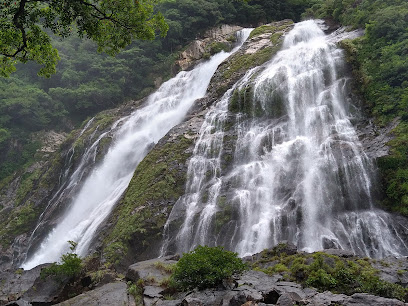
Jōmon Sugi
Discover the ancient beauty of Jōmon Sugi, Japan's oldest cedar tree, nestled in the lush landscapes of Yakushima's UNESCO World Heritage Site.
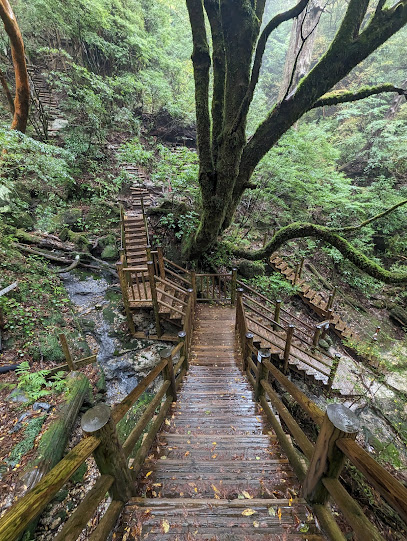
Hirauchi Kaichu Onsen
Discover tranquility at Hirauchi Kaichu Onsen, a stunning coastal hot spring on Yakushima Island known for its breathtaking views and mineral-rich waters.
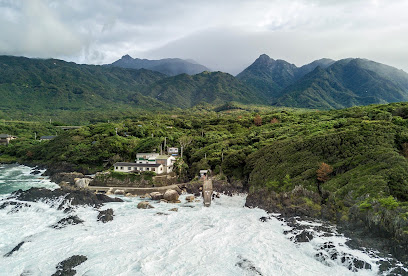
Yakushima Travel Center
Discover the heart of Yakushima at the Travel Center - your essential hub for adventure, local treasures, and unforgettable experiences.
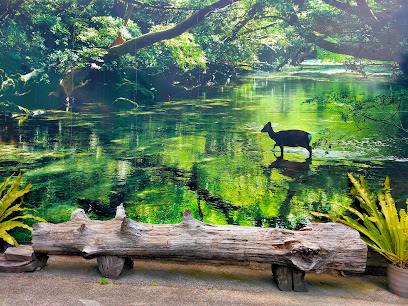
Yakushima Island
Discover Yakushima Island, Japan's enchanting UNESCO World Heritage Site known for its ancient cedars, diverse wildlife, and breathtaking hiking trails.
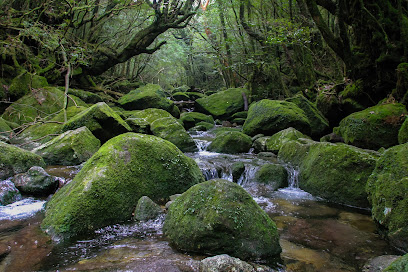
The Hotel Yakushima Ocean & Forest
Experience the natural beauty of Yakushima at The Hotel Yakushima Ocean & Forest, a perfect blend of comfort and adventure amidst stunning landscapes.

Shiosai
Discover the authentic taste of Japan at Shiosai, Yakushima's premier destination for exquisite tempura and traditional Japanese cuisine.
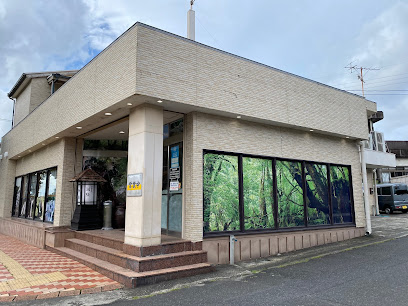
Yakusugi Museum
Explore Yakusugi Museum: a gateway to Yakushima's ancient cedars and unique ecosystem, nestled in a UNESCO World Heritage Site.
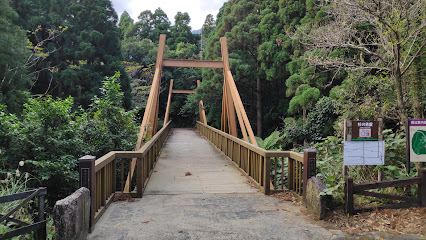
Inakahama Beach
Experience the tranquility of Inakahama Beach in Yakushima, where breathtaking sunsets and crystal-clear waters await every traveler.
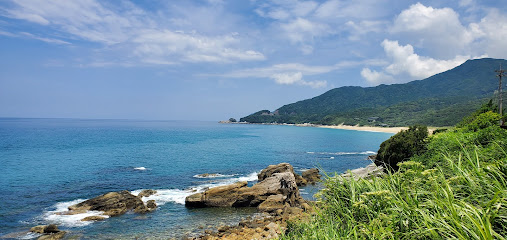
Kigensugi Cedar
Experience the ancient majesty of Kigensugi Cedar, a 7,000-year-old natural wonder in Yakushima's stunning forests, perfect for hiking and nature lovers.
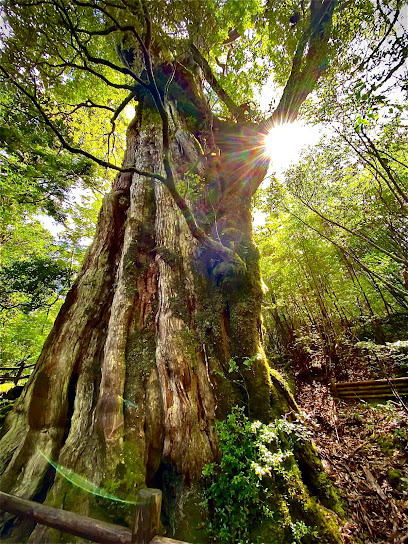
samana hotel Yakushima
Experience the serene beauty of Yakushima at Samana Hotel, where comfort meets nature in a perfect blend of relaxation and adventure.

Drum rock (Taiko-iwa)
Explore the breathtaking Taiko-iwa, a spectacular hiking destination in Yakushima, offering stunning views, rich biodiversity, and cultural significance.
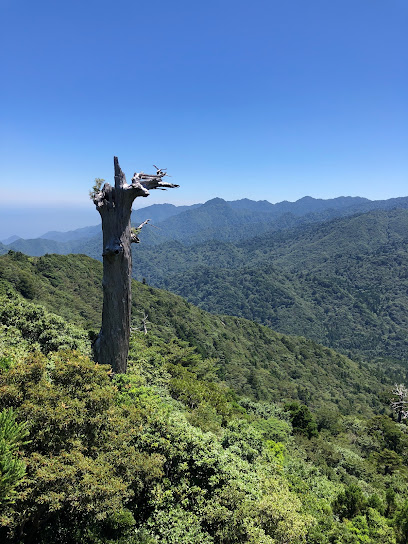
Sankara Hotel & Spa
Experience luxury and tranquility at Sankara Hotel & Spa, your gateway to the stunning natural beauty of Yakushima.
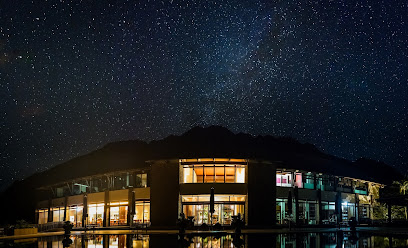
Unmissable attractions to see
Hirauchi Kaichu Onsen
Experience the wonder of Hirauchi Kaichu Onsen: a natural seaside hot spring in Yakushima, accessible only at low tide.
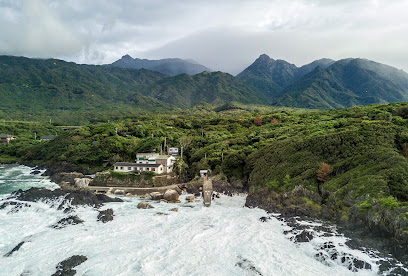
Wilson's Stump
Discover the ancient heart of Yakushima at Wilson's Stump, a majestic cedar remnant offering a unique glimpse into the island's natural history.
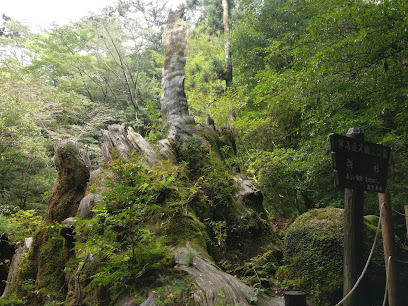
Kigensugi Cedar
Witness the ancient majesty of Yakushima's Kigensugi Cedar, a 3,000-year-old natural wonder easily accessible and surrounded by serene forests.
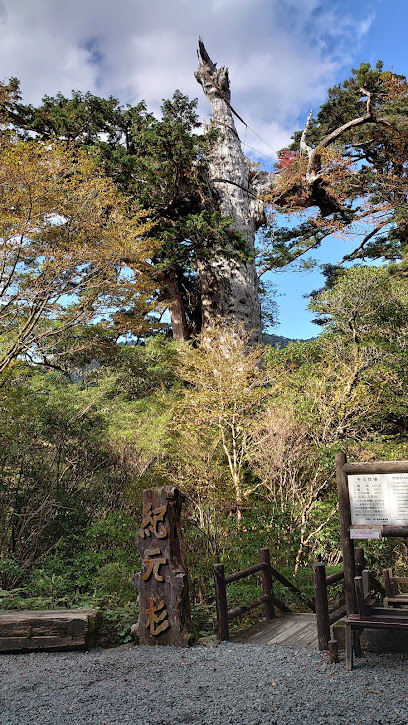
Yaku-jinja
Discover Yaku-jinja Shrine in Yakushima: a serene sanctuary blending spiritual heritage with the island's natural beauty and ancient traditions.
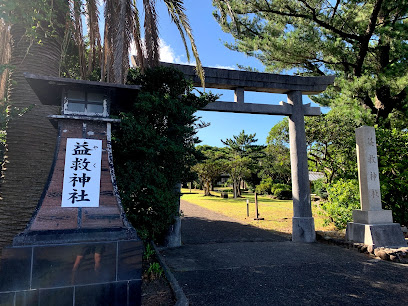
Senpiro Falls
Discover the breathtaking beauty of Senpiro Falls, a stunning waterfall in Yakushima surrounded by lush nature and serene landscapes.
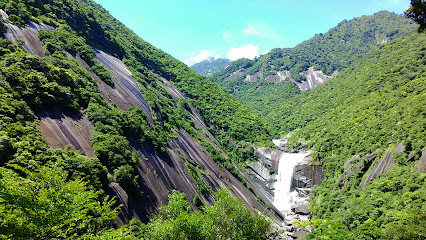
Shitoko Gajumaru Banyan Park
Explore Yakushima's enchanting Shitoko Gajumaru Banyan Park: a serene escape into a world of ancient trees and lush subtropical beauty.
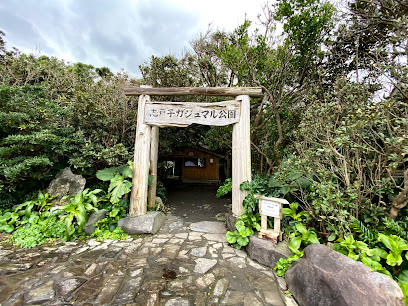
Yakushima-todai Lighthouse
A historic lighthouse on Yakushima's coast offering stunning views and a glimpse into the island's maritime past.
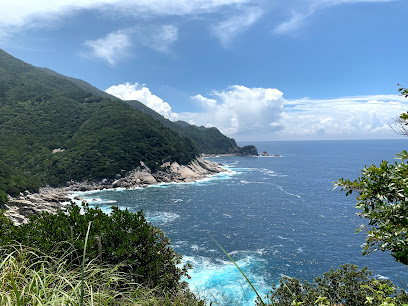
中間ガジュマル
Discover the enchanting Nakama Gajumaru on Yakushima Island: a centuries-old banyan tree forming a unique, drive-through archway.
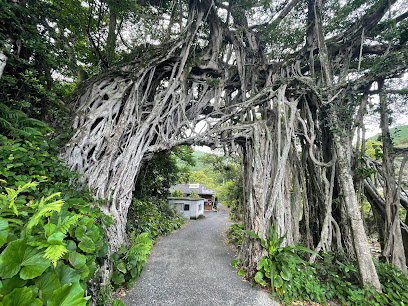
Yokogawa Valley
Discover Yokogawa Valley in Yakushima: A serene escape into a lush, moss-covered world of ancient cedars and tranquil streams.
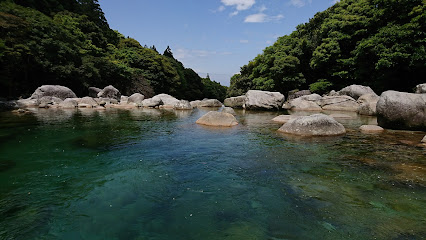
Yakushima Fruit Garden - “Papaya no Sato”
Explore Yakushima Fruit Garden: A tropical paradise with exotic fruits, guided tours, and fresh tastings in a lush botanical setting.
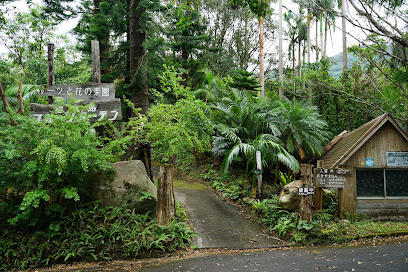
Fureai Park Yakushima
Experience Yakushima's natural beauty in a relaxing park setting with scenic views and picnic spots.
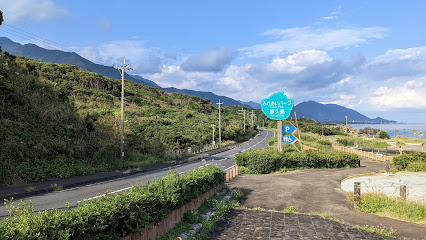
East China Sea Observatory
Breathtaking views of the East China Sea and distant volcanic islands await at this scenic Yakushima viewpoint.
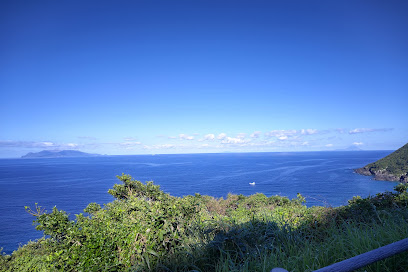
Yahazudake Shrine
Discover a hidden coastal shrine on Yakushima Island, where stunning ocean views meet ancient spiritual traditions.
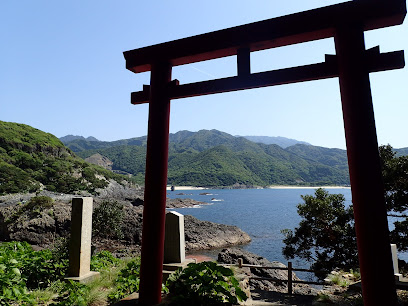
Yakushima Shrine
Discover tranquility at Yakushima Shrine, a serene Shinto sanctuary nestled amidst the ancient forests of Yakushima Island.
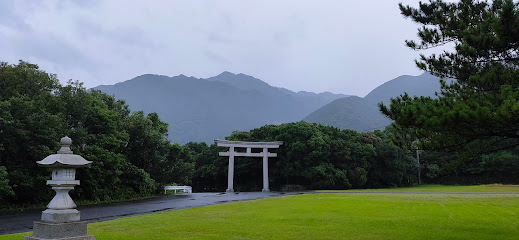
Daio Sugi
Witness the grandeur of Daio Sugi, an ancient cedar on Yakushima Island, offering an up-close encounter with nature's giants.
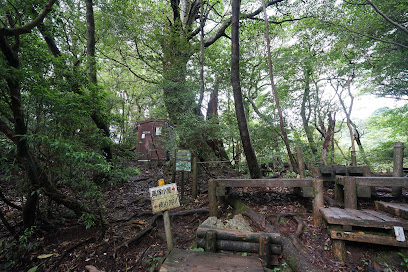
Essential places to dine
Shiosai
Experience authentic Japanese tempura at Shiosai in Yakushima—where fresh ingredients meet culinary excellence.
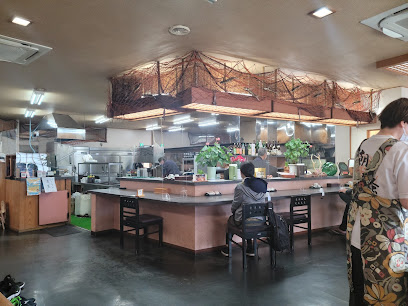
Iso no Kaori
Experience authentic Japanese sushi at Iso no Kaori in Yakushima - where fresh ingredients meet culinary artistry.
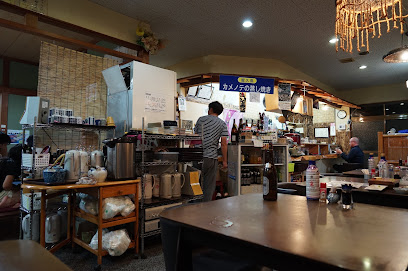
Katagiri Flying Fish Restaurant
Experience authentic Japanese regional cuisine with an Italian twist at Katagiri Flying Fish Restaurant on beautiful Yakushima Island.
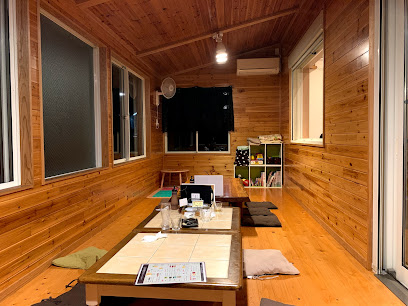
Wakadaisho
Experience authentic sushi crafted with fresh local ingredients in the heart of Yakushima's natural beauty.
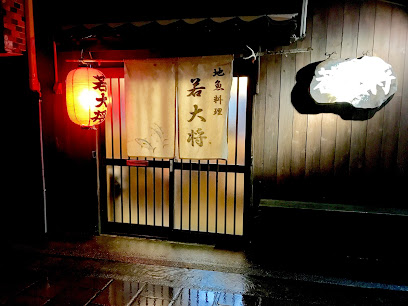
屋久どん
Savor the essence of traditional Japanese cuisine at 屋久どん, where every bowl of udon tells a story.
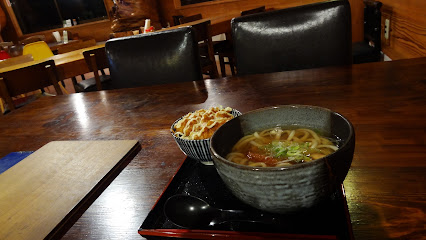
Yakushima Furusato Market Island Megumi Kan
Discover Yakushima's culinary treasures and unique souvenirs at Furusato Market Island Megumi Kan - where local flavors meet island charm.
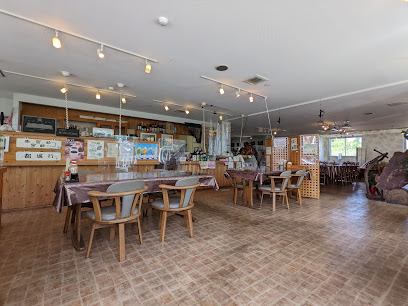
Kamogawa Restaurant
Experience authentic Japanese flavors at Kamogawa Restaurant in picturesque Yakushima - where tradition meets culinary excellence.
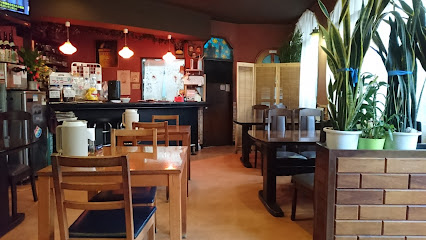
Panorama
Experience the best of Yakushima's culinary scene at Panorama – where creative cuisine meets local tradition in a cozy izakaya atmosphere.
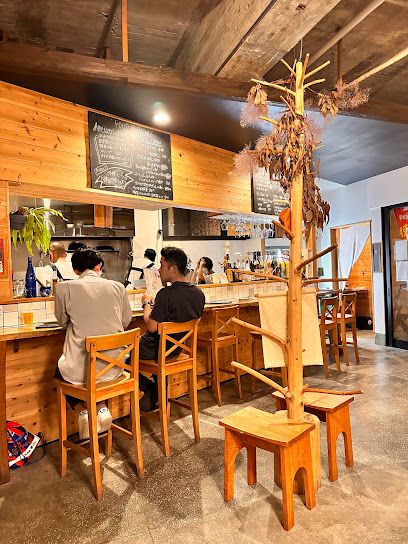
SamPotei
Experience the flavors of Japan at SamPotei, where traditional izakaya meets modern culinary artistry in the heart of Yakushima.
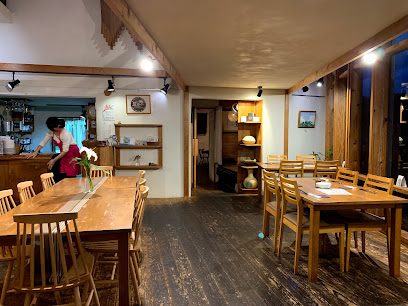
Il Mare
Discover Il Mare in Yakushima for an unforgettable Italian dining experience amidst stunning natural beauty.
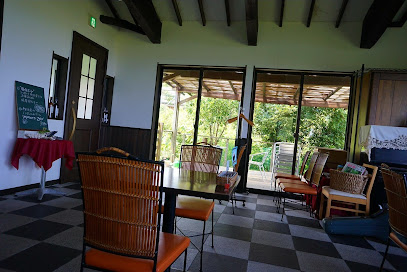
Matsutake
Discover authentic soba noodles at Matsutake in Yakushima – where tradition meets flavor amidst stunning natural beauty.
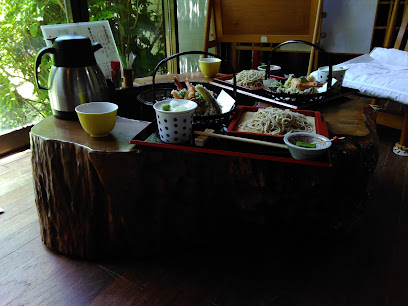
DINING CAFE BAR SLOW
Experience authentic Italian cuisine at Dining Cafe Bar Slow in Yakushima – where fresh ingredients meet stunning natural beauty.
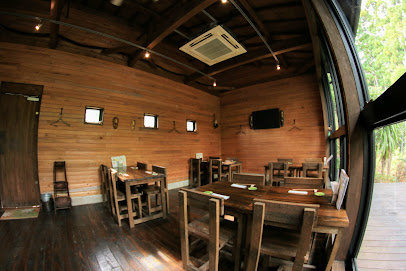
味徳 Ajitoku
Experience authentic Japanese cuisine at Ajitoku in Yakushima – where fresh ingredients meet traditional craftsmanship.
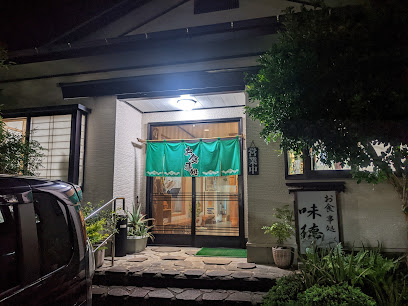
Smiley
Discover the cozy Smiley Café in Yakushima – where exceptional coffee meets delicious cakes and sandwiches in a warm atmosphere.
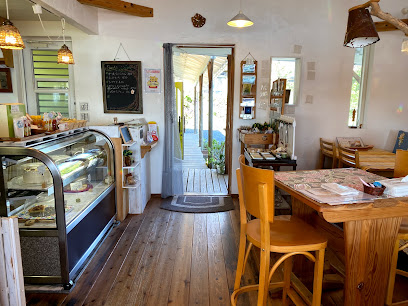
Yakushima Airport Restaurant
Experience authentic Japanese regional cuisine at Yakushima Airport Restaurant - where flavor meets nature's beauty.
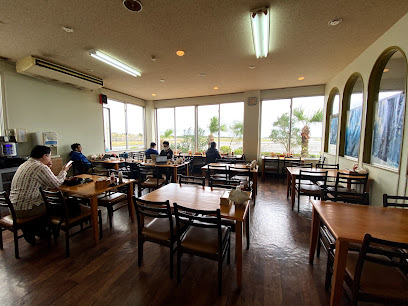
Markets, malls and hidden boutiques
Pukaridō
Explore Pukaridō in Yakushima for unique souvenirs and local liquors, capturing the essence of this beautiful island.
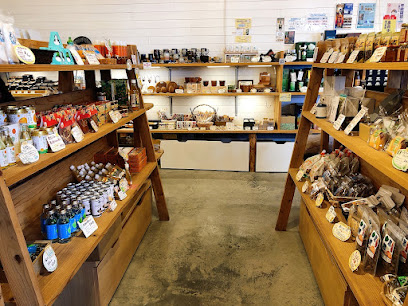
Life Center Yakuden
Discover the essence of local living at Life Center Yakuden, your go-to supermarket in the heart of Yakushima, offering fresh produce and local delicacies.
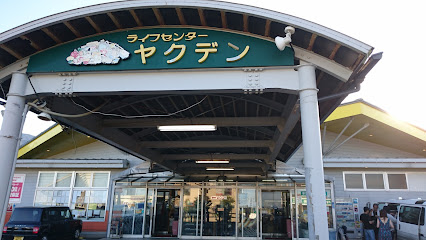
Yakushima Gelato Sora-Umi
Experience the sweet flavors of Yakushima Gelato Sora-Umi, where artisanal gelato meets the island's breathtaking beauty and warm hospitality.
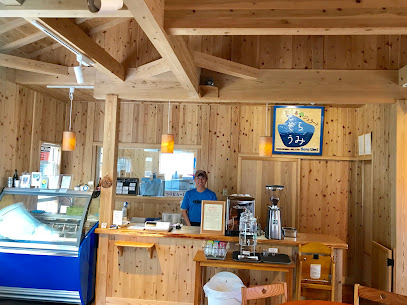
JA Tanega Yaku Pontan-kan
Experience Yakushima's rich agricultural heritage at JA Tanega Yaku Pontan-kan, a vibrant farmers' market offering fresh produce and unique local gifts.
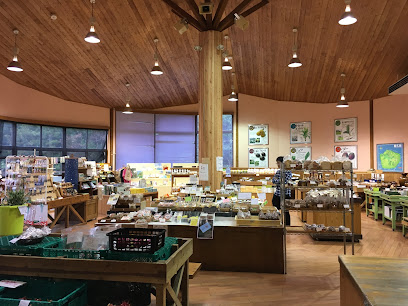
YAKUSHIMA BLESS
Explore Yakushima Bless: A vibrant shopping mall showcasing local artistry, traditional crafts, and unique souvenirs from the beautiful island of Yakushima.
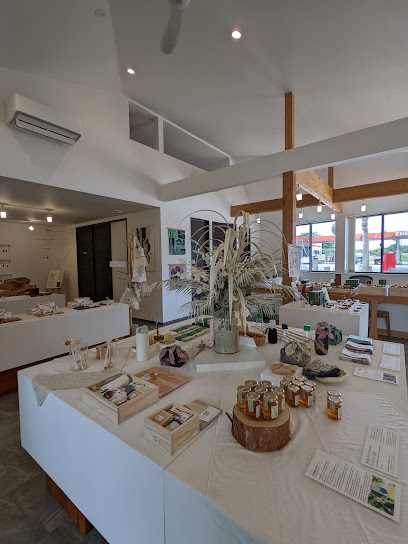
ターミナル屋久島(宮之浦港売店)
Discover unique local products and souvenirs at Terminal Yakushima, your gateway to the spirit and charm of Yakushima Island.
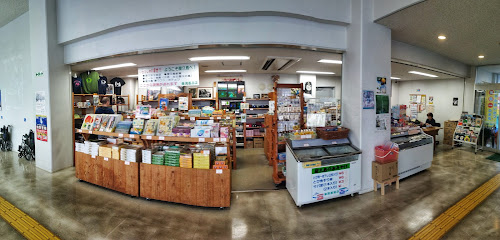
屋久島メッセンジャー
Experience Yakushima through unique souvenirs, outdoor gear, and delightful café offerings at Yakushima Messenger.
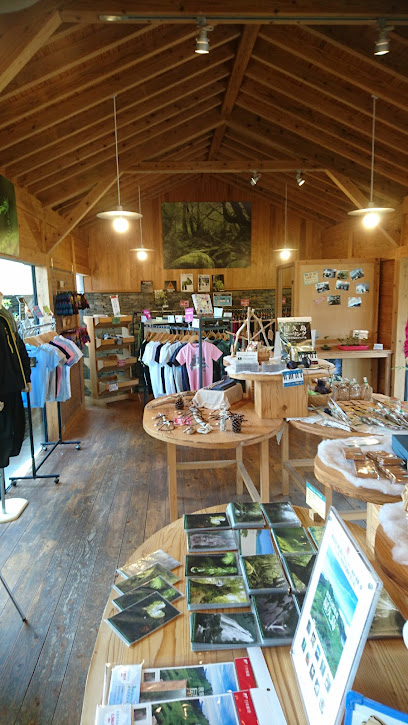
シェリーココ
Explore unique local crafts and souvenirs at Shelly Coco, a charming store in Yakushima that embodies the island's spirit.
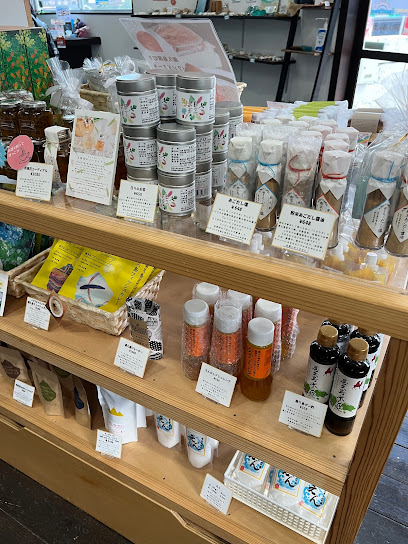
HONU yakushima
Explore HONU Yakushima for the finest local souvenirs and crafts that embody the spirit of this beautiful Japanese island.
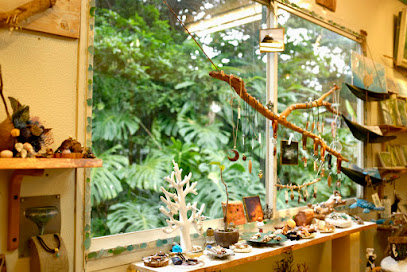
屋久鹿・革製品のアトリエ ariga-to
Discover exquisite handcrafted leather goods at Ariga-to, Yakushima's premier destination for artisanal souvenirs that embody the island's spirit.
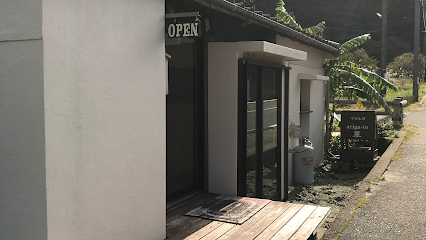
ガラモスタ
Explore Yakushima's unique fashion at ガラモスタ, where local craftsmanship meets contemporary style in a charming clothing store.
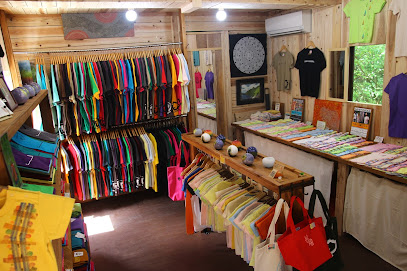
Yakushima No Kokusan Tatami Nakajima Tatami Shop
Discover the artistry of tatami making at Yakushima No Kokusan Tatami Nakajima Tatami Shop, a cultural gem on Yakushima Island.
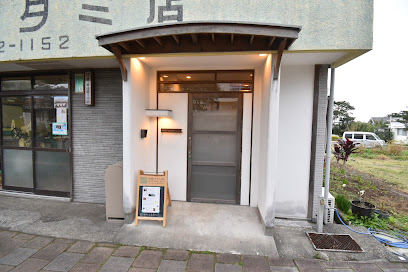
Tomari Book Store
Explore the literary treasures of Tomari Book Store in Yakushima, where local culture and global literature come together in a cozy setting.
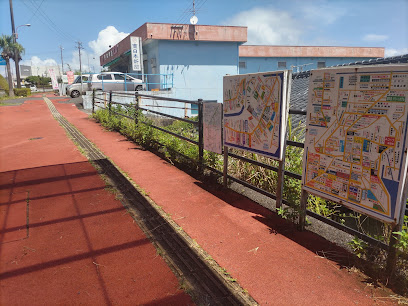
YAWARACA “The Scent of Yakushima LAB”
Explore YAWARACA in Yakushima for exquisite home goods that celebrate local craftsmanship and the island's natural beauty.
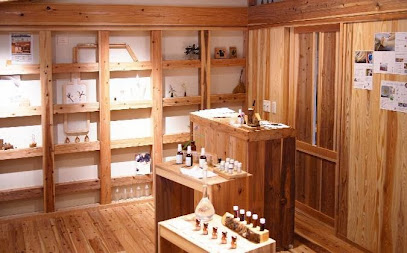
Wood Shop Kikori
Explore the artistry of Yakushima at Wood Shop Kikori, a unique woodworking supply store showcasing beautiful handcrafted wooden items and tools.
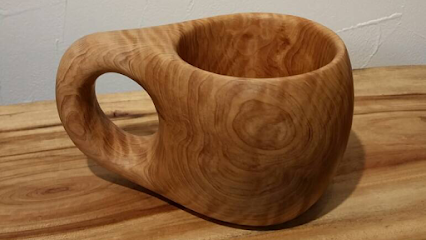
Essential bars & hidden hideouts
SamPotei
Experience the essence of modern Japanese dining at SamPotei, Yakushima's premier izakaya with a vibrant atmosphere and exquisite local flavors.
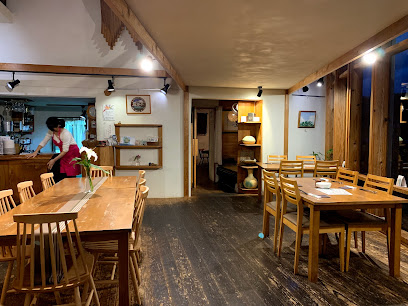
DINING CAFE BAR SLOW
Discover the taste of Italy in Yakushima at Dining Cafe Bar Slow, where authentic flavors meet a cozy atmosphere.
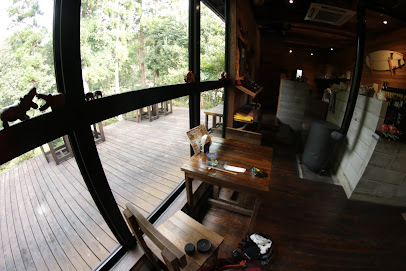
Hitomekuri
Discover the serene charm of Hitomekuri, a cafe in Yakushima where coffee, fine wine, and local cuisine meet breathtaking natural beauty.
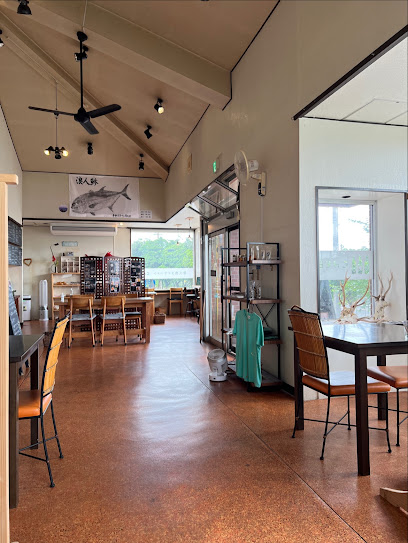
Seirios
Discover the flavors of Japan at Seirios, an izakaya in Yakushima offering fresh, authentic cuisine in a warm and inviting atmosphere.
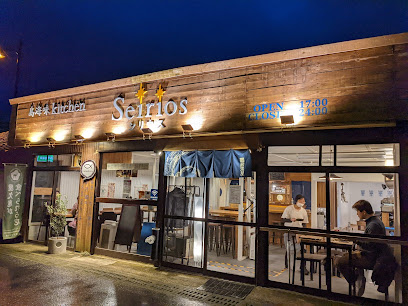
Fisherman's Bar NINA
Experience the freshest seafood in Yakushima at Fisherman's Bar NINA, where culinary excellence meets stunning ocean views.
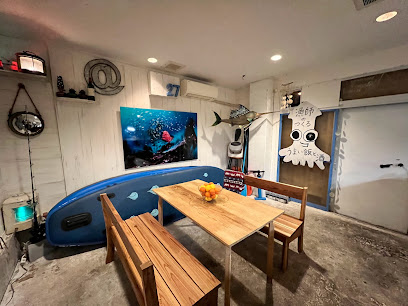
屋久島やえちゃんのお店 ルージュ
Discover the vibrant flavors of Yakushima at ルージュ, a local favorite for delicious snacks, breakfast, and karaoke fun.
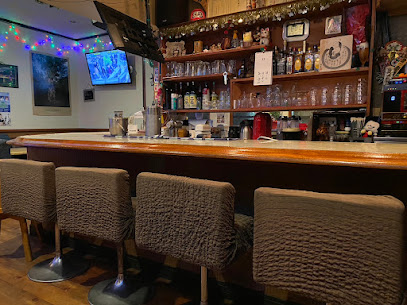
Ganta
Discover Ganta, a lively bar in Yakushima offering local spirits and a warm atmosphere, perfect for unwinding after a day of adventure.
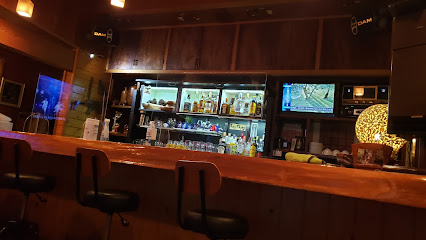
オタク系喫茶 ハンターショップちーぞー
Experience the charm of otaku culture at Hunter Shop Cheezou in Yakushima—where delicious snacks meet manga magic.
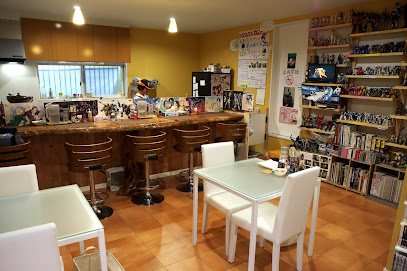
スナックピュア
Experience the warmth and flavors of Yakushima at スナックピュア, a delightful snack bar nestled in nature's embrace.
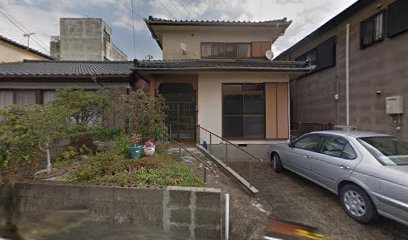
Ambar
Experience the lively dart bar culture at Ambar in Yakushima, where fun, friendship, and refreshing drinks await every night.

バンビ
Join the locals for a night of singing and laughter at バンビ, Yakushima's premier karaoke bar, where every song becomes a cherished memory.
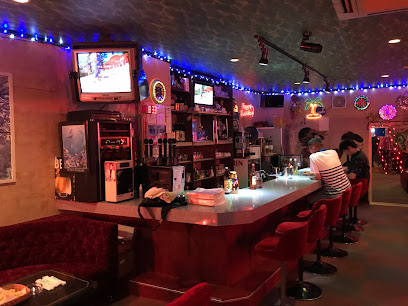
catch the beer
Explore Catch the Beer in Yakushima for an authentic taste of Japan's craft brewery culture amidst stunning landscapes.
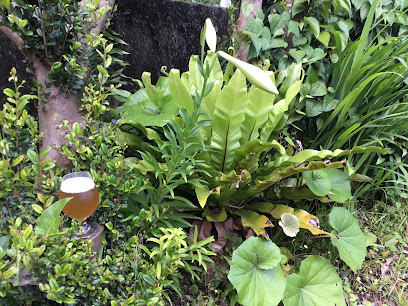
Cafe&Bar RainTree カフェバー·レインツリー
Experience the vibrant blend of karaoke and cafe culture at Cafe&Bar RainTree in beautiful Yakushima, Japan.
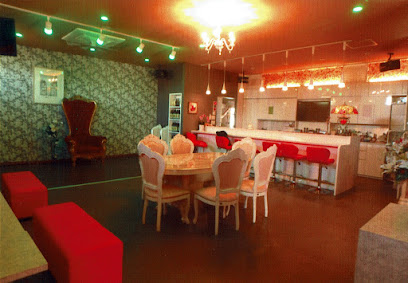
カラオケラウンジ LINK
Discover the joy of karaoke at カラオケラウンジ LINK, Yakushima's vibrant party spot for music lovers and nightlife enthusiasts.
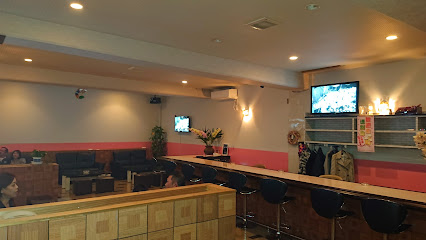
BAR しらはま
Discover BAR しらはま in Yakushima for an authentic izakaya experience, savoring local flavors in a cozy and inviting atmosphere.
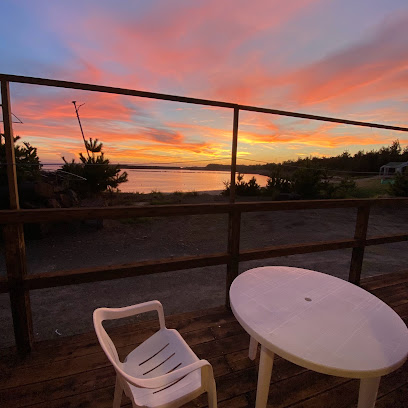
Local Phrases about Yakushima
-
- Helloこんにちは
[Konnichiwa] - Goodbyeさようなら
[Sayōnara] - Yesはい
[Hai] - Noいいえ
[Īe] - Please/You're welcomeどうぞ
[Dōzo] - Thank youありがとうございます
[Arigatō gozaimasu] - Excuse me/Sorryすみません
[Sumimasen] - How are you?お元気ですか?
[Ogenki desu ka?] - Fine. And you?元気です。あなたは?
[Genki desu. Anata wa?] - Do you speak English?英語を話せますか?
[Eigo o hanasemasu ka?] - I don't understandわかりません
[Wakarimasen]
- Helloこんにちは
-
- I'd like to see the menu, pleaseメニューを見せていただきたいのですが
[Menyū o misete itadakitai no desu ga] - I don't eat meat肉は食べません
[Niku wa tabemasen] - Cheers!乾杯!
[Kanpai!] - I would like to pay, pleaseお会計をお願いします
[Okaikei o onegaishimasu]
- I'd like to see the menu, pleaseメニューを見せていただきたいのですが
-
- Help!助けて!
[Tasukete!] - Go away!去ってください!
[Satte kudasai!] - Call the Police!警察を呼んでください!
[Keisatsu o yonde kudasai!] - Call a doctor!医者を呼んでください!
[Isha o yonde kudasai!] - I'm lost迷子です
[Maigo desu] - I'm ill具合が悪いです
[Guai ga warui desu]
- Help!助けて!
-
- I'd like to buy...買いたいものがあります
[Kaitai mono ga arimasu] - I'm just looking見てるだけです
[Miteru dake desu] - How much is it?いくらですか?
[Ikura desu ka?] - That's too expensiveそれは高すぎます
[Sore wa takasugimasu] - Can you lower the price?値段を下げてもらえますか?
[Nedan o sagete moraemasu ka?]
- I'd like to buy...買いたいものがあります
-
- What time is it?今何時ですか?
[Ima nanji desu ka?] - It's one o'clock一時です
[Ichiji desu] - Half past (10)十時半です
[Jūji han desu] - Morning朝
[Asa] - Afternoon午後
[Gogo] - Evening夕方
[Yūgata] - Yesterday昨日
[Kinō] - Today今日
[Kyō] - Tomorrow明日
[Ashita] - 1一
[Ichi] - 2二
[Ni] - 3三
[San] - 4四
[Yon] - 5五
[Go] - 6六
[Roku] - 7七
[Nana] - 8八
[Hachi] - 9九
[Kyū] - 10十
[Jū]
- What time is it?今何時ですか?
-
- Where's a/the...?…はどこですか?
[…wa doko desu ka?] - What's the address?住所は何ですか?
[Jūsho wa nan desu ka?] - Can you show me (on the map)?地図で見せてもらえますか?
[Chizu de misete moraemasu ka?] - When's the next (bus)?次の(バス)はいつですか?
[Tsugi no (basu) wa itsu desu ka?] - A ticket (to ....)…へのチケット
[…e no chiketto]
- Where's a/the...?…はどこですか?
History of Yakushima
-
Yakushima is home to some of Japan's oldest and most majestic cedar trees, known as 'yakusugi.' These ancient trees, some of which are over 1,000 years old, have been revered by locals and visitors alike for centuries. The Jomon Sugi, the island's most famous tree, is estimated to be between 2,170 and 7,200 years old, making it one of the oldest living things on Earth. The dense, misty forests of Yakushima have inspired countless myths and legends over generations.
-
In 1993, Yakushima was designated as a UNESCO World Heritage Site due to its unique ecosystem and the ancient cedar forests. This designation helped to bring international attention to the island, promoting conservation efforts and increasing tourism. The recognition highlights Yakushima's significant natural value and the need to preserve its pristine environment for future generations.
-
Yakushima has a deep connection with Japanese mythology. The island is often associated with the spirits of the forest and is believed to be a sacred place where gods and deities reside. The dense forests and the mystical atmosphere of the island have inspired many stories in Japanese folklore. These myths contribute to the island's cultural heritage and continue to attract visitors interested in Japan's spiritual and mythical past.
-
The enchanting landscapes of Yakushima have served as an inspiration for various forms of art, including Japanese cinema. Most notably, the island's lush forests were the inspiration for the animated film 'Princess Mononoke' by Studio Ghibli. The film's depiction of the relationship between humans and nature captures the essence of Yakushima's environment, bringing the island's beauty and mystique to a global audience.
-
Yakushima is renowned for its diverse climate zones, ranging from subtropical at the coast to cool temperate in the mountains. This variation results in a rich biodiversity, with a wide range of plant and animal species. The island is home to endemic species such as the Yaku macaque and the Yaku deer. The unique climate and biodiversity of Yakushima have been subjects of scientific study and are crucial aspects of the island's natural history.
-
The people of Yakushima have developed unique cultural practices and traditions influenced by the island's natural environment. Local festivals, such as the Yakusugi Festival, celebrate the island's ancient trees and the community's connection to nature. Traditional crafts, including woodworking and cedar-related products, reflect the islanders' resourcefulness and respect for their natural surroundings.
Yakushima Essentials
-
Yakushima is an island located off the southern coast of Kyushu in Japan. The most common way to reach Yakushima is by air or sea. You can fly from major cities like Tokyo, Osaka, and Fukuoka to Yakushima Airport. Alternatively, you can take a ferry from Kagoshima. There are two types of ferries: the high-speed Jetfoil, which takes about 2 hours, and the slower car ferry, which takes around 4 hours.
-
Once on Yakushima, you have several options for getting around. Rental cars are popular and allow you to explore the island at your own pace. There are also local buses that connect major attractions, but they run infrequently, so check schedules in advance. Taxis are available but can be expensive for longer distances. Bicycles can be rented in some areas for a more eco-friendly way to explore.
-
The official currency in Japan is the Japanese Yen (JPY). Credit and debit cards are accepted in most hotels, larger restaurants, and shops, but it's advisable to carry cash, especially when visiting more remote areas or smaller establishments. ATMs are available but may not always support international cards, so consider withdrawing sufficient cash before arriving on the island.
-
Yakushima is generally very safe for tourists. There are no specific high-crime areas targeting tourists. However, standard precautions should be taken. Avoid leaving your belongings unattended and be cautious when hiking or exploring remote areas. The island's weather can change rapidly, so always check forecasts and be prepared for rain.
-
In case of an emergency, dial 119 for fire and medical emergencies or 110 for police assistance. Yakushima has a local hospital and several clinics, but for serious medical issues, you may need to be transported to a larger facility on Kyushu. It is highly recommended to have travel insurance that covers medical emergencies and evacuation.
-
Fashion: Do wear comfortable and weather-appropriate clothing, especially for hiking. Avoid wearing overly revealing clothing. Religion: Do respect local customs when visiting shrines and temples. Public Transport: Do be punctual, as buses and ferries run on strict schedules. Don't speak loudly or use your phone on public transport. Greetings: Do greet people with a slight bow. Eating & Drinking: Do try local specialties like flying fish and Yakushima oranges. Don't leave food uneaten, as it can be considered wasteful.
-
To experience Yakushima like a local, consider staying in a traditional ryokan or minshuku. Participate in local festivals if your visit coincides with one. Visit the local markets and try fresh, locally-sourced produce. Engage with locals; they are often very friendly and willing to share insights about the island's culture and history. Don't miss hiking in the ancient cedar forests, particularly to see the Jomon Sugi, one of the oldest trees in the world.
Trending Landmarks in Yakushima
Nearby Cities to Yakushima
-
Things To Do in Hiroshima
-
Things To Do in Jeju City
-
Things To Do in Okinawa
-
Things To Do in Busan
-
Things To Do in Ulsan
-
Things To Do in Suncheon
-
Things To Do in Gyeongju
-
Things To Do in Mokpo
-
Things To Do in Gwangju
-
Things To Do in Daegu
-
Things To Do in Pohang
-
Things To Do in Osaka
-
Things To Do in Jeonju
-
Things To Do in Nara
-
Things To Do in Andong










